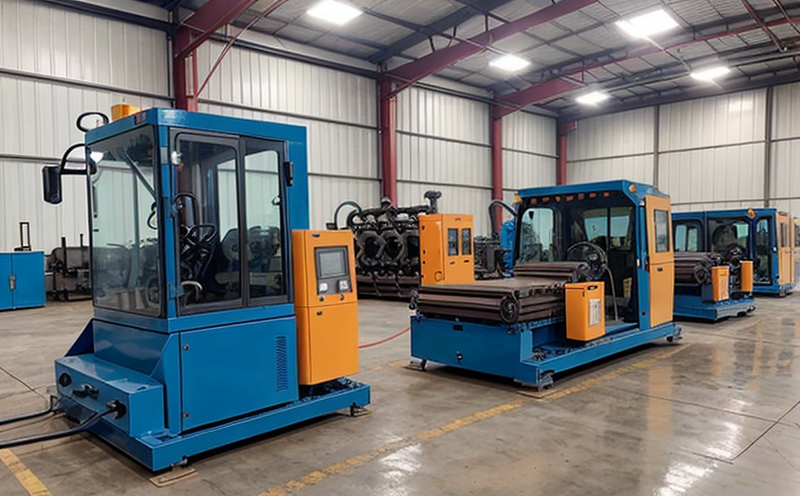Manufacturing Equipment Certification: Ensuring Quality and Safety
In todays manufacturing industry, equipment certification has become a crucial aspect of production. With the increasing demand for high-quality products and strict regulations in place, manufacturers must ensure that their equipment meets certain standards to avoid costly rework, downtime, and even legal consequences. In this article, we will delve into the importance of manufacturing equipment certification, its benefits, and the process involved.
What is Manufacturing Equipment Certification?
Manufacturing equipment certification involves the evaluation and validation of a machines or devices performance, functionality, and safety features to ensure they meet specific standards and regulations. This process typically involves testing and inspection by a third-party organization, which verifies that the equipment complies with industry-recognized guidelines.
Benefits of Manufacturing Equipment Certification
The benefits of manufacturing equipment certification are numerous:
Improved Product Quality: By ensuring that equipment meets strict standards, manufacturers can produce high-quality products that meet customer expectations.
Increased Efficiency: Certified equipment is designed to operate at optimal levels, reducing downtime and increasing productivity.
Reduced Risk: Manufacturers who invest in equipment certification demonstrate their commitment to safety and quality, reducing the risk of product recalls and liability claims.
Compliance with Regulations: Certification ensures that equipment meets industry-recognized standards, helping manufacturers stay compliant with regulatory requirements.
Key Factors to Consider When Choosing a Certification Body
Here are some key factors to consider when selecting a certification body:
Accreditation: Look for a certification body that is accredited by a recognized accrediting agency. Accreditation ensures that the certification body meets strict standards and guidelines.
Scope of Services: Choose a certification body that offers services tailored to your specific needs, such as equipment testing, inspection, and certification.
Expertise: Select a certification body with extensive experience in your industry or sector. They should have a deep understanding of the relevant standards and regulations.
Communication: Opt for a certification body that provides clear communication throughout the process, from initial contact to final certification.
Common Types of Manufacturing Equipment Certification
There are several types of manufacturing equipment certifications, including:
ISO 9001:2015: A quality management system (QMS) standard that ensures organizations meet customer and regulatory requirements.
CE Marking: A marking required for products sold in the European Union, indicating compliance with EU directives and regulations.
UL Certification: A certification mark issued by Underwriters Laboratories (UL), ensuring equipment meets safety standards and guidelines.
Best Practices for Implementing Manufacturing Equipment Certification
To ensure a smooth implementation process:
1.
Identify Relevant Standards and Regulations
2.
Choose the Right Certification Body
3.
Prepare for Testing and Inspection
4.
Implement Corrective Actions
5.
Maintain Ongoing Compliance
QA: Additional Details on Manufacturing Equipment Certification
Q: What is the difference between certification and inspection?
A: While both processes involve evaluating equipment, inspection focuses on identifying potential issues or defects, whereas certification involves verifying compliance with specific standards.
Q: How long does the certification process typically take?
A: The duration of the certification process varies depending on the type of certification, industry requirements, and complexity of testing. On average, it can take anywhere from a few weeks to several months.
Q: Can I certify my equipment myself, or do I need a third-party organization?
A: While some manufacturers may attempt self-certification, its highly recommended to engage a third-party organization for an impartial evaluation and validation process.
Q: What happens if my equipment fails certification?
A: If your equipment fails certification, youll need to address the issues identified by the testing body. This may involve reworking or replacing parts, or in some cases, redesigning the equipment altogether.
Q: How often should I recertify my equipment?
A: Recertification intervals vary depending on industry requirements and standards. Typically, manufacturers are required to recertify their equipment every 1-5 years, depending on the specific standard and regulatory requirements.
Conclusion
Manufacturing equipment certification is a critical aspect of production that ensures quality, safety, and compliance with regulations. By understanding the importance of certification and following best practices for implementation, manufacturers can avoid costly rework, downtime, and liability claims.

































